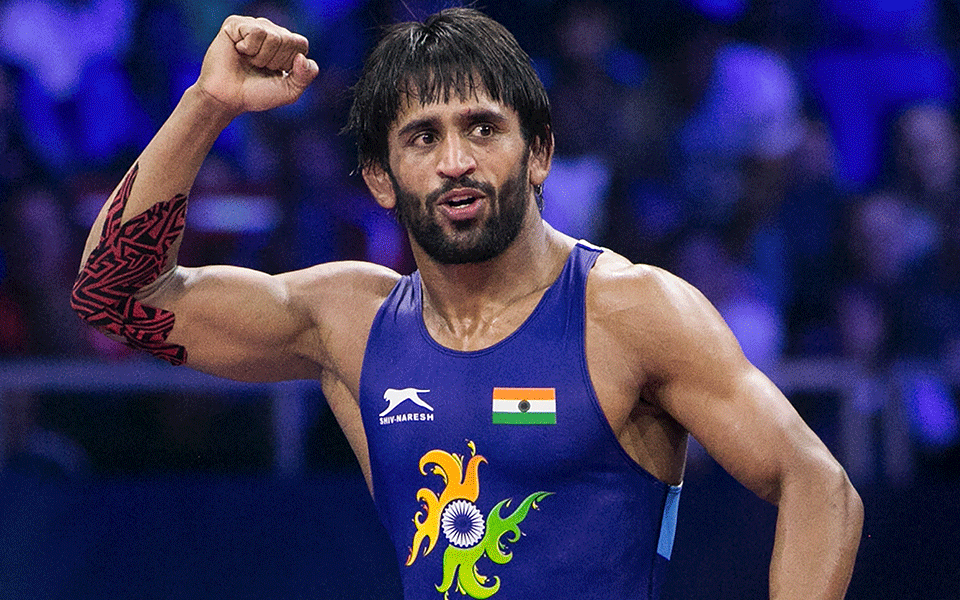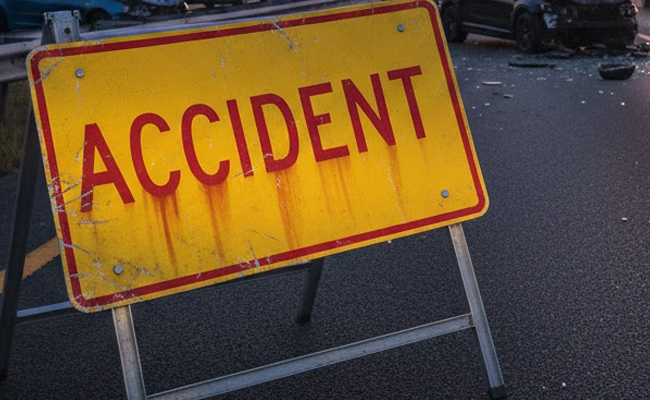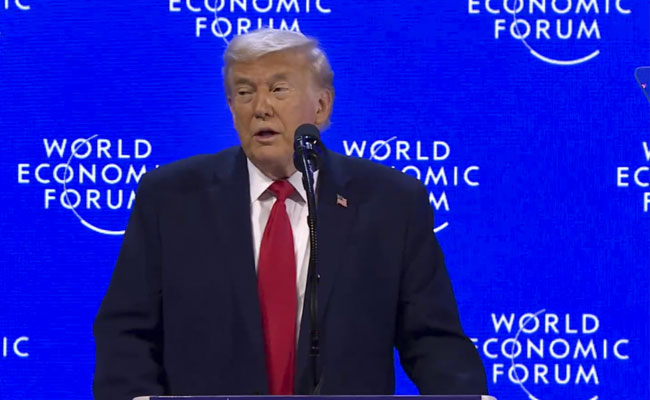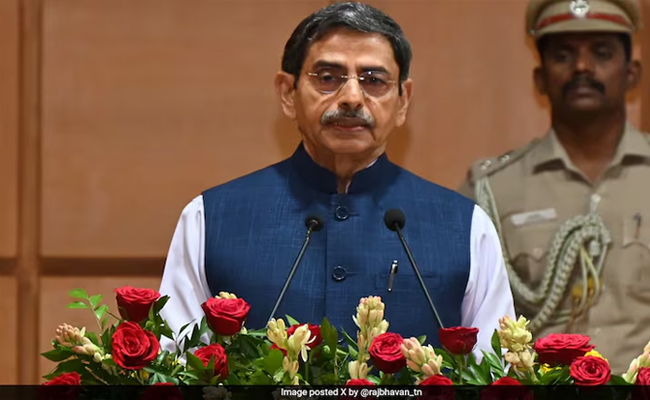Budapest (Hungary), Oct 22: Bajrang Punia's bid to become only the second Indian to win a gold medal at the World Championship fell flat as a tactically superior Takuto Otoguro of Japan stunned the Indian in the 65kg final, here on Monday.
Only the fourth Indian ever to make it to the World Championship gold medal match, 24-year-old Bajrang was rattled by the 19-year old Otoguro, who consistently attacked the left leg of Indian and emerged a comfortable 16-9 winner.
In the process, Otoguro became Japan's youngest World Champion at the age of 19.
Legendary Yuji Takada, who won gold at 1976 Montreal Olympic Games, had become youngest World Champion from Japan at the age of 20 in 1974.
A four-point throw gave Otoguro an early 5-0 lead, leaving Bajrang to play a catch-up game. With back-to-back takedowns, the Indian reduced the deficit to 4-5.
The Japanese got more points with a step out and led 7-6 at the break.
An early take down at the start of second period handed Otoguro a 9-6 lead. The Japanese kept attacking Bajrang's left leg, a strategy which the Indian struggled to counter.
The Commonwealth Games and Asian Games gold medallist Bajrang eventually had to settle for a silver, which is his second medal at the Worlds. He had won a bronze in 2013 edition.
Sushil Kumar, country's greatest ever wrestler, is the lone Indian to win a gold medal at the World's, achieving the feat in 2010 in Moscow in the 66kg category.
Apart from Sushil, Amit Dahiya (2013) and Bishambar Singh (1967) are the other Indians to make it to the World Championship final in men's freestyle.
Udey Chand (bronze, 1961), Ramesh Kumar (bronze, 2009), Narsingh Yadav (2015) are the other men's freestyle wrestlers to win a medal at the World Championship.
Among female grapplers, only Babita Phogat (bronze, 2012), Geeta Phogat (2012), Alka Tomar (bronze, 2006) are the medal winners at Worlds.
Meanwhile, in the men's free style 70kg category, Praveen Rana won his first bout against Jarvissadam Blesam Tarkong by technical superiority but suffered an identical defeat against Uzbekistan's Ikhtiyor Navruzov in the pre-quarter finals.
In the 97kg, Mausam Khatri was knocked out by Venezuela's Jose Daniel Diaz Robertti 2-12 in the Qualification round.
In the women's event, Sarita won her bouts in the 59kg against Korea's Bobae Kim (8-1) and Ukraine's Sofiia Bodnar (4-0) but lost the quarterfinal by technical superiority to Shoovdor Baatarjav Jav.
However, Seema could not win even one bout in 55kg, losing her pre-quarterfinal to Mongolia's Davaachimeg Erkhembayar by technical superiority.
Let the Truth be known. If you read VB and like VB, please be a VB Supporter and Help us deliver the Truth to one and all.
Gurugram (PTI): A petrol pump worker died after an SUV rammed into his motorcycle in the Sushant Lok area here, police said on Thursday.
The accused driver fled the scene, leaving the vehicle after the accident. An FIR has been registered at the Sushant Lok police station, they said.
According to police, the accident occurred on Wednesday afternoon when Mukesh was travelling from Sector 44 to Sushant Lok on Vyapar Kendra Road for some work.
Near Vyapar Kendra, a white Thar coming from the wrong side at high speed hit his motorcycle head-on, leaving him critically injured, they said.
The driver fled the scene, leaving the vehicle behind, police added.
Eyewitnesses claimed the vehicle had no number plates either at the front or rear.
Locals took Mukesh to a private hospital, where he died during treatment, police said. He was a resident of Rohta Patti in Palwal and worked at a petrol pump in Sector 44.
An FIR was registered against the unidentified driver, based on a complaint lodged by his brother Ashok. The body was handed over to the family after a post-mortem on Thursday, police said.
“The Thar vehicle has been seized from the spot. CCTV footage from the area is being examined, and the driver will be arrested soon,” a Gurugram police spokesperson said.





